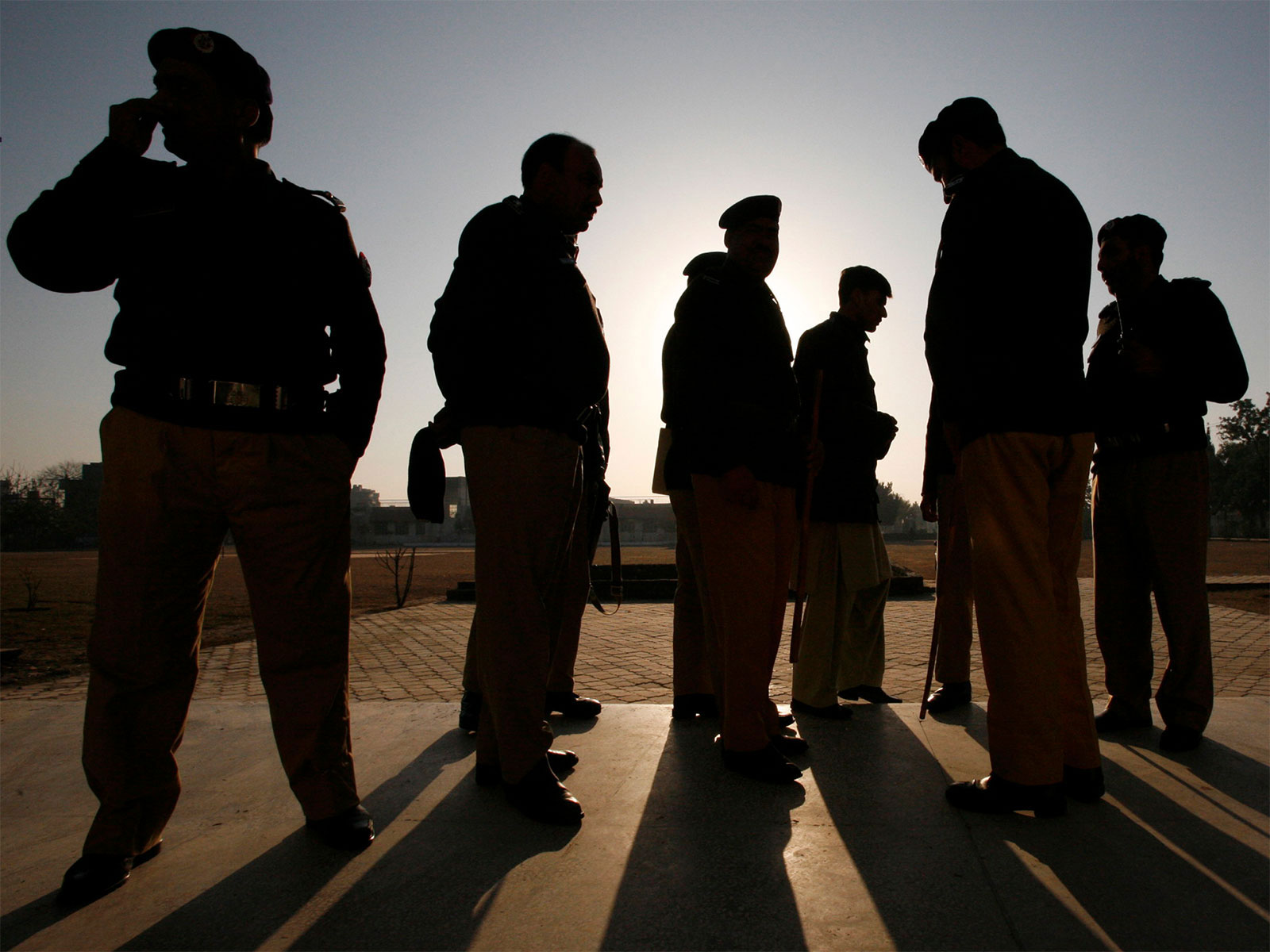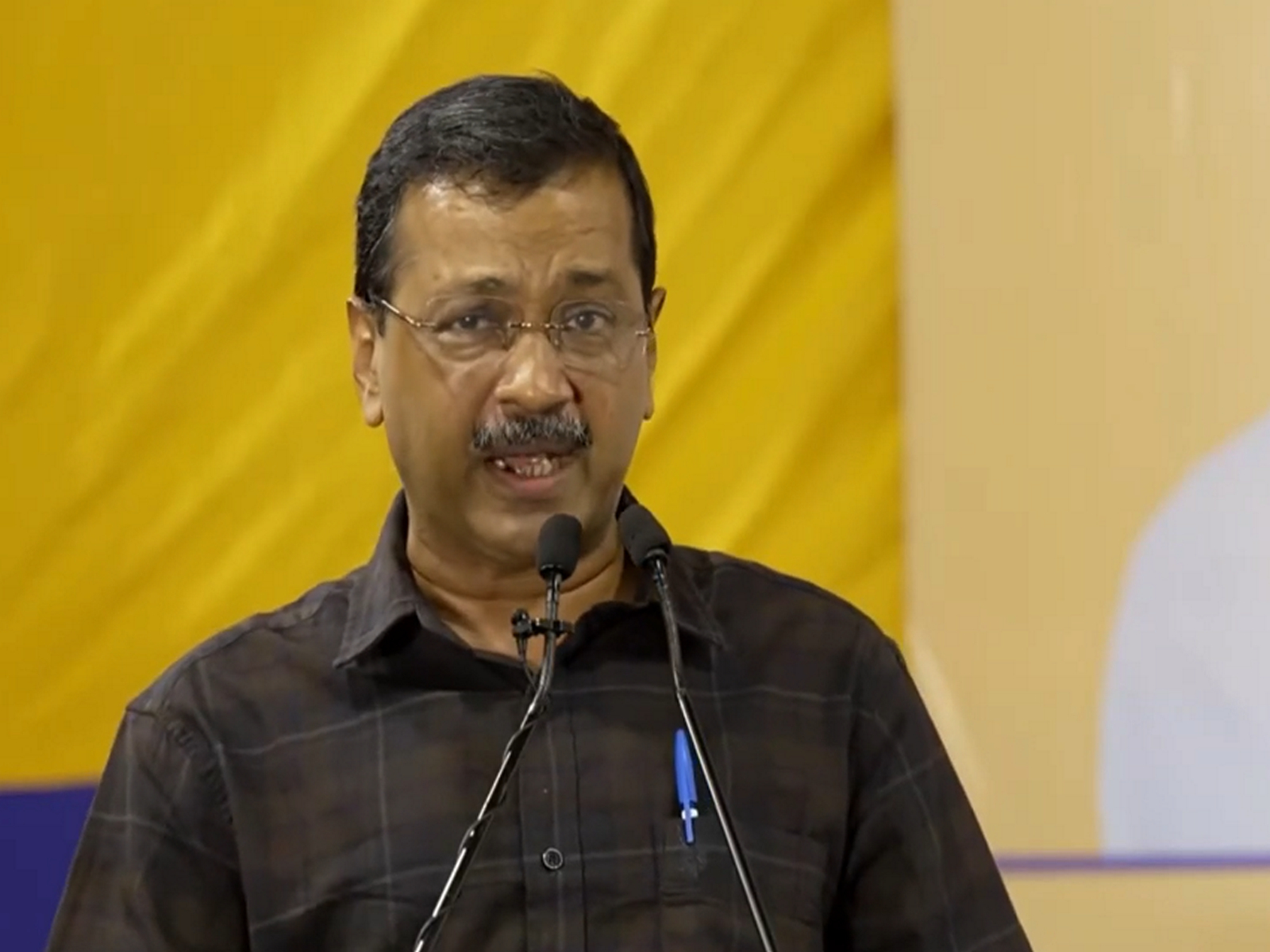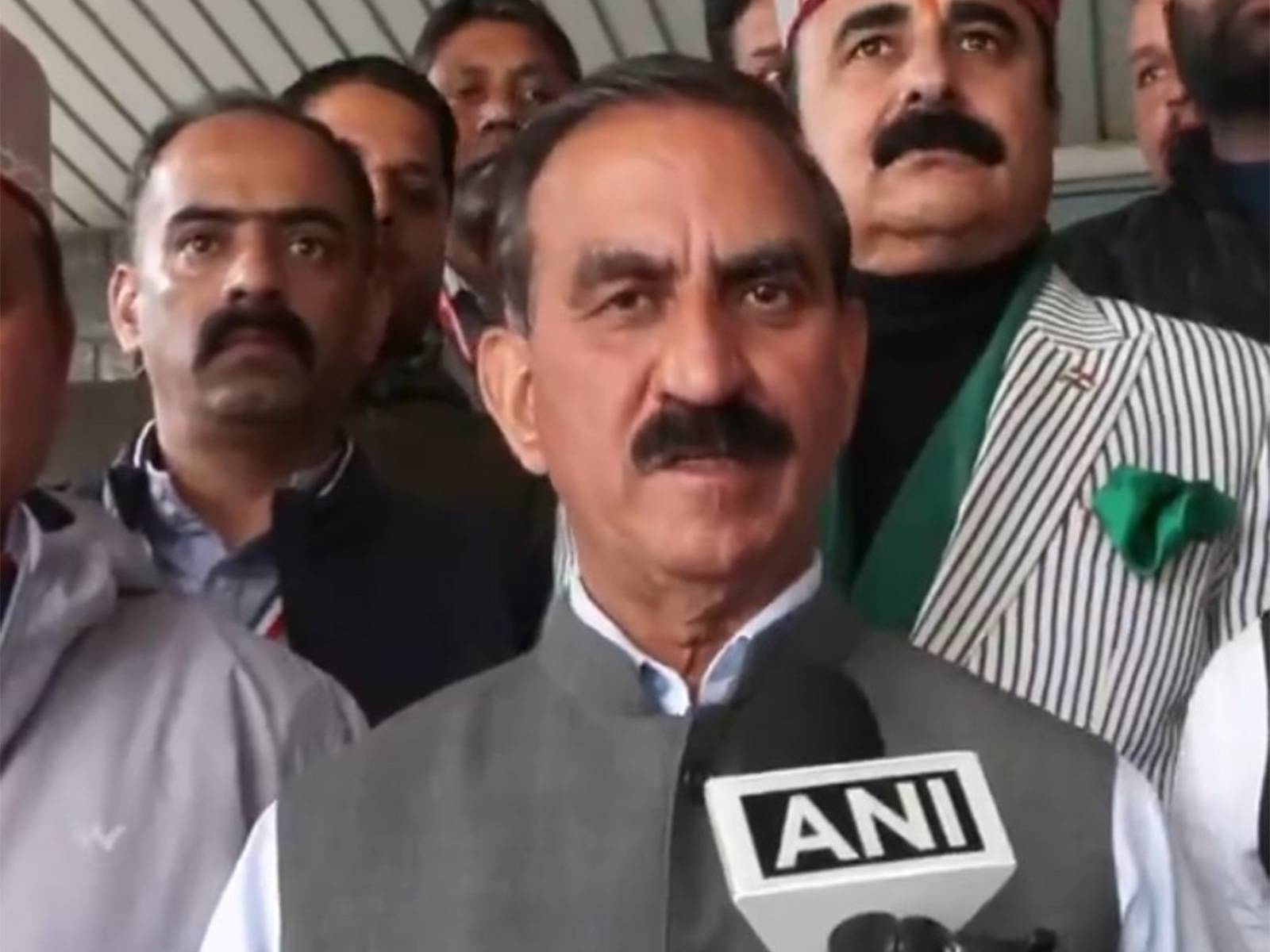Tibetan student sentenced to 3 years in prison in China
Jun 30, 2022

Beijing [China], June 30 : Chinese authorities recently sentenced a university student from Kardze's Shelian Township to three years in prison for contacting Tibetan exiles. Sources said that he has been incommunicado for six months after his arrest.
"He was sentenced on June 5 to three years in prison for allegedly disseminating state secrets, but the Chinese authorities have shared no details of what kind of state secrets Nyima has exposed," a Tibetan source living inside Tibet told Radio Free Asia (RFA).
The student of Sichuan's Gehoe National University, Nyima was arrested in January on charges of spying, activists told RFA.
Nyima who was concentrating his studies on Tibetan culture was fluent in Tibetan, Chinese and English. Prior to his arrest in January, he had always been around tourists and visitors, sharing Tibet's unique language and culture, Radio Free Asia reported.
"He could be seen sharing Tibet's history and authentic Tibetan culture with the tourists, so I think that may be the reason for his arrest. His family has no idea where he is imprisoned at the moment," said the source, who requested anonymity for security reasons.
Nyima's arrest is very similar to the arrests of other influential Tibetans, Pema Gyal, a researcher at the London-based Tibet Watch advocacy group told RFA's Tibetan Service.
"There have been a growing number of cases of arrests of Tibetan intellectuals inside Tibet by the Chinese government, and we have learned that in case of Nyima, he was arrested for communicating with the outside exile community, and also for his commitment to preserve Tibetan language and culture," Pema Gyal said.
Notably, Cultural liberty in Tibet is a myth as Tibetans under the Chinese administration are strictly forbidden to follow their religion.
In Tibet, those who are found practising their own religion, get arrested, beaten up and tortured brutally. While many of the arrested Tibetans were released after a deterioration in their health, Tibet Press reported, adding that the nuns and the monks are the targeted people of the Chinese.
According to Radio Free Asia sources in the region, Chinese authorities have long sought to restrict the size and influence of Tibetan Buddhist monasteries, traditionally a focus of Tibetan cultural and national identity.
Recently, US State Secretary Antony Blinken spoke at the release of the 2021 Report on International Religious Freedom at the State Department.
He mentioned that China prosecute religious followers and called it contradicting the CCP's doctrine for destructing religious places and discriminating against Tibetan Buddhists. Rashad Hussain, Ambassador-at-Large for International Religious Freedom also spoke at the State Department and expressed that many governments use unfair laws to prosecute religious practitioners.
He stressed that China is still cracking down on Tibetan Buddhists. Authorities have been arresting, torturing and using other abuses against Tibetans who promote their language and culture, keeps pictures and writings of the Dalai Lama or practise their religion at Buddhist monasteries.
The Report released is divided into four parts. They are categorized as Religious Demography, Status of Government Respect for Religious Freedom, Status of Societal Respect for Religious Freedom and US government Policy and Engagement.
Since their illegal occupation in Tibet, China has assaulted the rights of the Tibetan people to practise their own religion, language, tradition and culture. The Chinese authorities, in order to accomplish their sinicization mission, have attacked their cultural identity by making their language, Mandarin, the medium of instruction in the schools in Tibet from the primary level, The Singapore Post reported.
Chinese troops occupied Tibet in 1950 and later annexed it. The 1959 Tibetan uprising saw violent clashes between Tibetan residents and Chinese forces.
The 14th Dalai Lama fled to neighbouring India after the failed uprising against Chinese rule. The Dalai Lama, the supreme Tibetan Buddhist leader, established a government-in-exile in India.


















